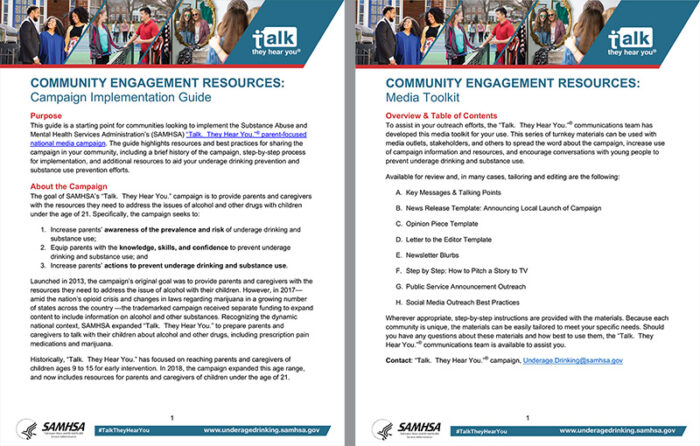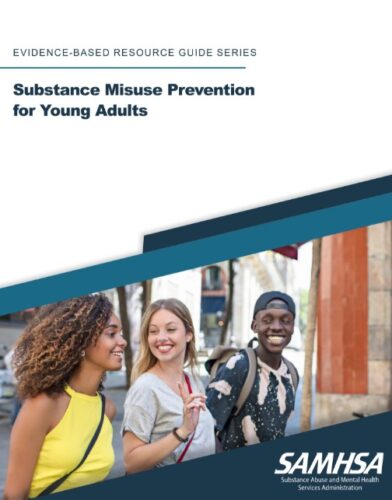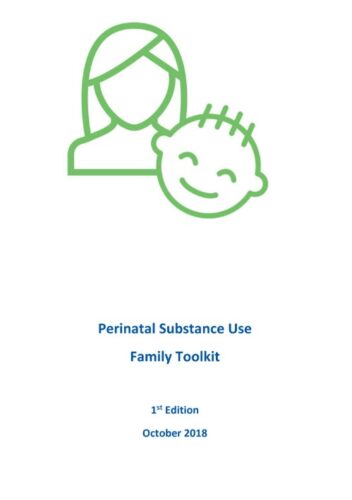Contingency management is the evidence-based behavioral intervention associated with the most robust evidence for effectively treating individuals with a stimulant use disorder (StimUD). Contingency management provides monetary incentives (such as gift cards) for meeting treatment goals, including stimulant non-use as measured by negative point-of-care urine drug tests (UDTs), rewarding individuals for changing their behaviors. Stimulant use offers a powerful, immediate reimbursement, and contingency management confronts this challenge by offering immediate financial rewards that can help activate the brain’s reward system, thus encouraging the replacement of stimulants with the incentive to achieve a dopamine release.
This 90-minute webinar is designed to provide a broad overview of contingency management for treating individuals with a StimUD. Following a brief review of the scope of stimulant use and the impact of stimulants on brain, body, and behavior, the session will shift gears to a review of the research evidence that supports the use of contingency management and the key ingredients of implementing a contingency management program to treat StimUD. The webinar will conclude with a brief overview of the Recovery Incentives Program: California’s Contingency Management Benefit, a statewide 1115 waiver demonstration pilot underway in nearly 100 sites in 19 counties across the state of California. Time will be provided for group discussion and audience Q&A.
Related Posts
Community Engagement Resources
Various tools and documents that will support SUD providers with proper languages, media involvement, and overall techniques to use when engaging with the community.
Substance Misuse Prevention for Young Adults
This guide discusses effective prevention practices to mitigate risk factors associated with substance misuse and promote protective factors among: all young adults generally; young adults at significantly higher risk for substance misuse; and young adults who are not diagnosed with a SUD but are engaging in substance misuse.
Perinatal Substance Use: Family Toolkit
This booklet provides tools you need to be as healthy as you can be during pregnancy, whether or not you decide to stop using.


